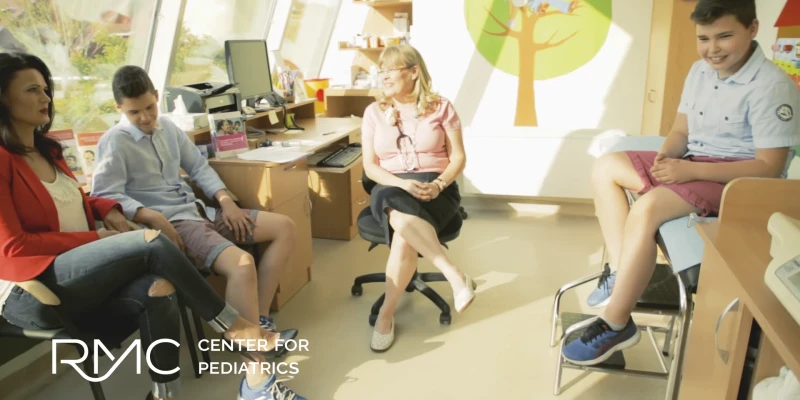Some of these are administered in a similar manner to the compulsory vaccinations, while some are administered on a seasonal basis (such as the flu vaccine):
- from birth: Hepatitis B
- from 6 weeks of age: Meningococcal ACWY
- 2-4 months: Rotavirus
- From 2 months of age: Meningococcal B, Meningococcal C
- From 6 months of age: Flu
- From 12 months of age: Varicella (Chickenpox), Tumor Encephalitis, Hepatitis A
- From 12 years of age: HPV (16, 18), HPV (6, 11, 16, 18)
Rotavirus
The rotavirus can cause severe diarrhea and vomiting gastrointestinal infections, often resulting in severe dehydration. Most young children are infected before 5 years of age. The rotavirus vaccine should be administered at 2-4 months of age. The vaccine can be administered orally.
Meningococcal B, Meningococcal C, Meningococcal ACWY
This vaccination provides protection against a very serious illness, meningitis, which is caused by the bacteria Neisseria meningitides. The vaccine against the B and C strains is available for children older than two months, while the combined (ACWY) vaccine is available for children older than 6 weeks. The vaccine may cause fever of more than 38°C (100.4°F) in infants, which usually passes within one day. The most common side effects in children and adults are sensitivity in the area of administration and headaches.
Flu
This is a seasonal vaccination which can be given from six months of age. The vaccine should be repeated every year due to variations in the influenza virus. The vaccine is adapted each year to the current virus structure. In the northern hemisphere – including Hungary – the season runs from November to March, so it is recommended to have the vaccine in October or November.
Chicken pox
The vaccine against chickenpox significantly reduces the chance of infection. If you do get the disease, the symptoms will be milder, and the likelihood of severe complications (such as pneumonia and bacterial overgrowth) is low. The vaccine can be given from 12 months of age.
Tick-borne encephalitis (TBE)
Tick-borne encephalitis is a disease caused by a virus, and there is currently no available treatment. In severe cases it can lead to muscle paralysis, so vaccination is recommended. The second vaccination should be administered one month after the first vaccination, and a repeat dose should be administered after 12 months. Further protection can be provided with a booster vaccine every 3-5 years.
Hepatitis A
The hepatitis A vaccine can be given to children aged one year and above. We recommend it if you are traveling to Asia, Africa or South America. In Hungary it is also recommended for people who have a higher risk of contracting it (e.g. dialysis patients, patients regularly treated with blood products).
Human papilloma virus
There are more than 100 human papilloma viruses. HPV types 16 and 18 account for 90% of human diseases caused by HPV, whereas genital warts are most commonly caused by types 6 and 11. The two-part vaccine provides protection against types 16 and 18, while the four-part vaccine provides protection against all four types. The various strains of HPV are responsible for 5% of all cancerous diseases and nearly all cervical cancer. The vaccine is recommended for boys and girls aged 12 years and above.
Our related doctors
Any questions before booking an appointment?
If you are unsure which doctor to see or what examination you require, we are here to help!
Simply request a free callback from one of our colleagues, who will help you find the right specialist based on your specific issue.








Reviews